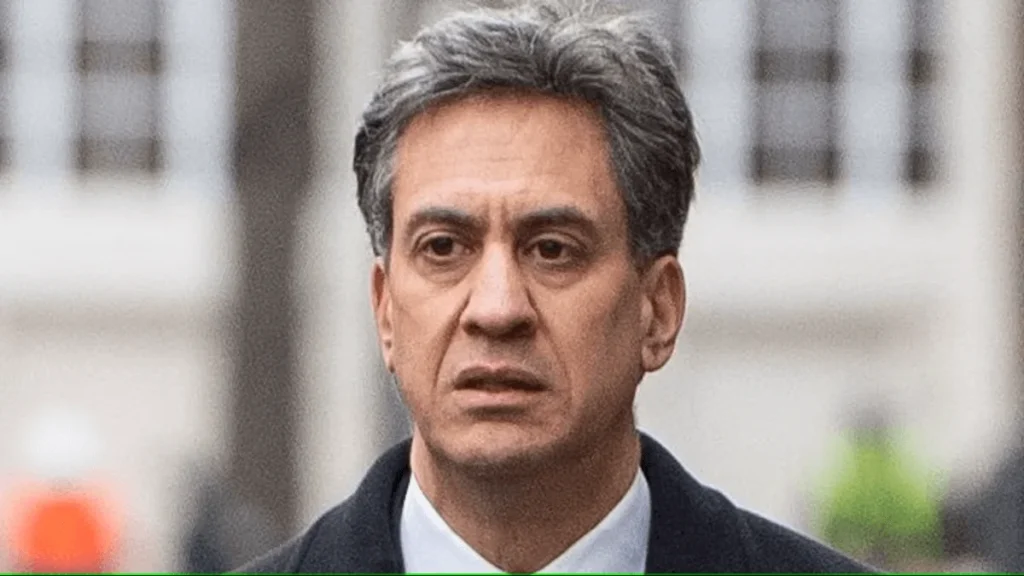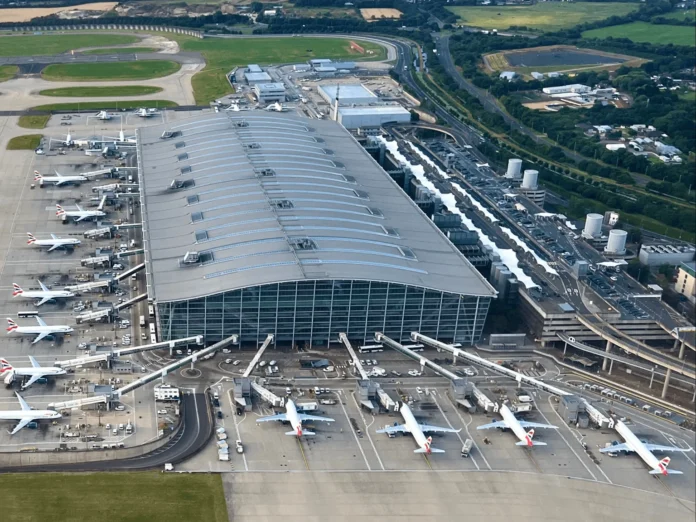Introduction
Heathrow expansion is once again at the center of political and economic debate in the UK. With Chancellor Rachel Reeves confirming Labour’s support for a third runway, questions remain about its environmental impact and long-term feasibility. This guide explores the latest updates, key political positions, and what this decision means for the future of the UK’s economy and sustainability efforts.
Why Heathrow Expansion Matters
The expansion of Heathrow has been a contentious issue for over a decade. As one of the world’s busiest airports, a third runway could:
- Boost Economic Growth – Proponents argue it will enhance the UK’s global connectivity and create thousands of jobs.
- Increase Air Traffic Capacity – Helping Heathrow compete with other major European hubs.
- Environmental Concerns – Critics highlight the rise in carbon emissions and local environmental impact.
Labour’s Position on Heathrow Expansion
Labour has historically shifted its stance on Heathrow expansion. Key figures like Ed Miliband, now the Energy Security and Net Zero Secretary, previously opposed the expansion due to environmental concerns. However, in a recent statement, Miliband reaffirmed his commitment to collective government decisions, stating:
“I was part of the decision-making process and the decision is as Rachel Reeves set it out.”
Labour’s position reflects a balance between economic growth priorities and environmental commitments. The final decision remains contingent on meeting carbon budgets and local environmental standards.
Environmental and Economic Considerations
Environmental Challenges
- Carbon Emissions – Expansion must align with the UK’s net-zero targets.
- Local Impact – Noise pollution and air quality remain significant concerns.
- Sustainability Standards – A strict assessment will determine whether expansion meets environmental regulations.
Economic Growth Potential
- Job Creation – Thousands of new jobs in construction, aviation, and tourism.
- Business Opportunities – Strengthening trade and investment opportunities.
- Infrastructure Development – Potential improvements in transport and logistics.
Ed Miliband’s Evolving Role and Energy Priorities

Beyond Heathrow, Miliband’s focus remains on clean energy and sustainability. He has reiterated that economic growth and net zero are not mutually exclusive, stating:
“Clean energy provides the biggest economic opportunity of the 21st century for jobs and the planet.”
Miliband has also weighed in on energy bills, warning that without transitioning to clean homegrown power, UK households will continue to face rising costs. Additionally, his role in ensuring rental properties meet higher energy efficiency standards (EPC rating C or above) aligns with broader environmental goals.
Final Decision: What’s Next for Heathrow?
While Labour supports Heathrow’s expansion in principle, the final approval process is still years away. The key determining factors will include:
- Heathrow’s ability to meet strict carbon targets.
- Government-led environmental impact assessments.
- Continued political and public debate on long-term sustainability.
As the UK navigates economic growth priorities and climate commitments, the Heathrow expansion remains a defining issue that will shape national policy in the years to come.
Conclusion
The Heathrow expansion debate is far from settled. While economic arguments favor the project, environmental concerns continue to raise valid questions. With Labour backing the plan but stressing environmental accountability, the coming years will determine whether the UK can strike a balance between growth and sustainability.


